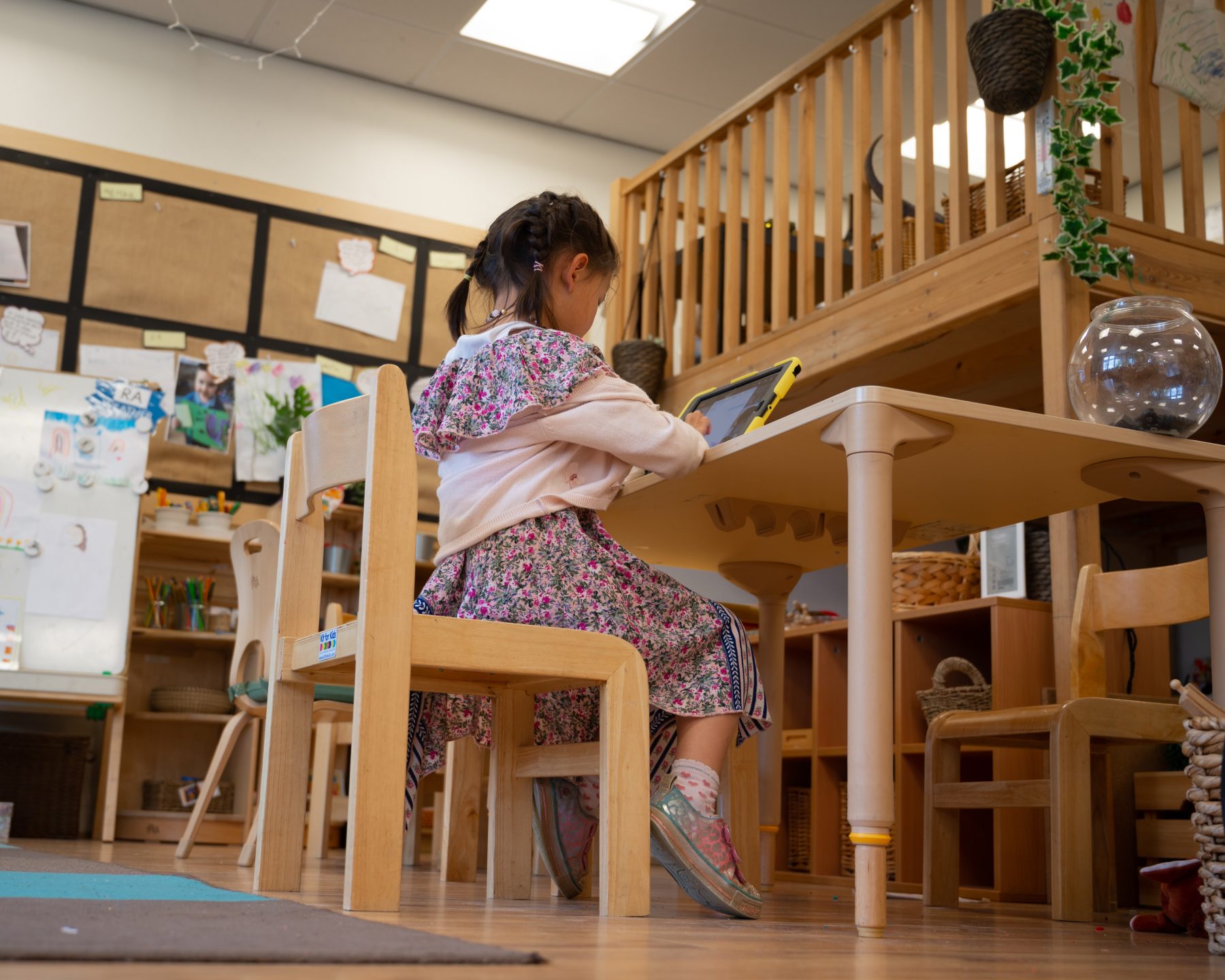Touch screen toddlers perform better on some attentive tasks, researcher find

Toddlers who have high daily touchscreen use are faster at finding certain information, researchers from the University of Bath recently found, contributing their findings to the growing debate around the impact of screen time on toddlers and their development.
“The use of smartphones and tablets by babies and toddlers has accelerated rapidly in recent years. The first few years of life are critical for children to develop the ability to focus their attention on relevant information and ignore distraction, early skills that are known to be important for later academic achievement. There has been growing concern that toddler touchscreen use may negatively impact their developing attention but this fear is not based on empirical evidence,” Lead researcher Professor Tim Smith, from Birkbeck’s Centre for Brain and Cognitive Development, said.
With the aim of providing such evidence, Professor Smith’s TABLET Project recruited 12-month-old infants who had different levels of touchscreen usage.
The study followed them over the next 2.5 years, bringing them into the lab at 18 months and 3.5 years. At the 18-month and 3.5-year visits, toddlers took part in a computer task in which they were trained to search for a red apple amongst a varying number of either blue apples (easy search), or blue apples and red apple slices (difficult search).
An eye tracker monitored their gaze and visually rewarded the child when they found the red apple, allowing them to perform the task even though they were too young to verbally describe what they were doing.
At both 18 months and 3.5 years, the children who were high touchscreen users were faster than the low users to find the red apple when it stood out amongst blue apples. There was no difference between the user groups when the apple was harder to find.
Researchers are now keen to understand whether this attention difference is advantageous or detrimental to their everyday life, aiming to understand how modern technology can be used in a way that maximizes benefits and minimizes any negative consequences
“We are currently unable to conclude that the touchscreen use caused the differences in attention as it may also be that children who are generally more attracted to bright, colourful features seek out touchscreen devices more than those who are not,” co-researcher Dr Ana Maria Portugal said.
To review the research in full, please see here.
Popular

Practice
Provider
Quality
Research
Workforce
New activity booklet supports everyday conversations to keep children safe
2025-07-10 09:00:16
by Fiona Alston

Quality
Practice
Provider
Workforce
Reclaiming Joy: Why connection, curiosity and care still matter in early childhood education
2025-07-09 10:00:07
by Fiona Alston

Policy
Practice
Provider
Quality
Research
Workforce
Beyond the headlines: celebrating educators and the power of positive relationships in early learning
2025-07-07 10:00:24
by Fiona Alston













